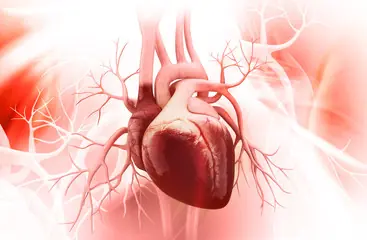
The Anti-Cancer Diet: Evidence-Based Cancer-Fighting Foods for Prevention
The Anti-Cancer Diet: Evidence-Based Cancer-Fighting Foods for Prevention
Adopting a healthy diet is a powerful strategy to significantly lower your risk of developing serious diseases like cancer. While no single food can guarantee complete protection, incorporating a variety of "cancer-fighting foods" rich in vitamins, antioxidants, and protective compounds can dramatically reduce your susceptibility to the disease.
The most effective cancer prevention diets emphasize foods that strengthen your immune system and contain natural anticancer compounds such as lycopene, phytochemicals, carotenoids, sulfur, and fiber. The synergistic benefits derived from combining these diverse anti-cancer foods are key to a robust defense against cancer.
This article will detail evidence-based cancer-fighting foods and spices, offering practical guidance on how to integrate them into your diet for optimal health.

The Crucial Link Between Diet and Cancer Prevention
The scientific community increasingly recognizes the strong connection between dietary choices and cancer risk. Research published in the Nutrition Journal suggests that dietary decisions could play a role in reducing cancer risk by up to 40% (1). Key nutrients like vitamins C and D, selenium, chlorophyll, and various antioxidants have all been linked to cancer prevention (1).
The fundamental principles of a cancer-prevention diet include:
-
Consuming multiple servings of fruits and vegetables daily.
-
Significantly increasing fiber intake.
-
Incorporating essential fatty acids.
-
Reducing or eliminating red meat, refined carbohydrates, and added sugars (1).
Let's explore some of the best cancer-fighting foods to integrate into your daily meals.
Top Cancer-Fighting Foods to Include in Your Diet
1. Green Leafy Vegetables
These powerhouses are essential for any anti-cancer diet due to their high antioxidant content.
-
Benefits: Vegetables like kale, rocket (arugula), and greens from root vegetables are rich in powerful antioxidants such as lutein, lycopene, and beta-carotene, all linked to a lower cancer risk (2). One study showed that increased green leafy vegetable consumption could lower the risk of ovarian cancer by 56% (3).
-
Chlorophyll: Green leafy vegetables contain chlorophyll, which has been found to help reduce the risk of colon cancer (4).
-
Weight Management: Increasing vegetable intake and reducing red meat can also aid in weight loss, a factor linked to preventing cancers like endometrial cancer in obese women (5).
-
Spinach: Contains glycoglycerolipids that help prevent DNA damage and reduce the risk of certain cancers (6). Its beta-carotene and vitamin A content are associated with a reduced risk of breast cancer (7).
2. Cruciferous Vegetables
Broccoli, kale, cabbage, and Brussels sprouts are vital components of a cancer-fighting diet.
-
Benefits: These Brassicaceae family vegetables possess chemo-preventive properties that can reduce cancer risk (8). Sulforaphane, a compound found in cruciferous vegetables, has been linked to lowering the risk of breast, liver, lung, and colon cancer (9).
-
Kale: A systematic review of 31 studies identified kale among the best cancer-fighting foods, with its compounds inhibiting carcinogens and preventing DNA damage (10). It also has a protective effect on human liver cells against toxins (11).
-
Broccoli: One of the richest sources of sulforaphane, broccoli and its sprouts have a preventative effect against cancer (12). High consumption of broccoli sprouts has been shown to inhibit the progression of prostate cancer cells (13).
-
Cabbage: Contains the compound phytoalexin, which has cancer-killing properties in laboratory trials (14).
3. Brightly-Colored Vegetables
Vibrantly colored vegetables are excellent for cancer prevention due to their rich phytochemical content.
-
Benefits: Yellow, red, and orange vegetables like red peppers, sweet potatoes, and carrots are rich sources of cancer-preventing phytochemicals with antioxidant activity (15). Combining different colored vegetables and fruits can help reduce the risk of colorectal cancer (16).
-
Tomatoes: A top source of lycopene, which is linked to cancer prevention. Studies show increased tomato intake can help prevent prostate cancer (17) and reduce the risk of lung cancer (18). Cooking tomatoes for a few minutes and adding olive oil enhances lycopene absorption.
-
Beets: Contain betanin, a compound with chemo-preventive properties, which can reduce the risk of certain cancers or mitigate chemotherapy side effects (19). Beetroot and carrot juice has shown promise in treating chronic lymphocytic leukemia (20).
4. Fiber-Rich Foods
Including plenty of fiber in your diet is crucial for cancer prevention in both men and women.
-
Benefits: Increased fiber intake is linked to a reduced risk of colorectal cancer (21). Women in their 40s and 50s can reduce their breast cancer risk by increasing fiber consumption (22). Some studies suggest whole grain cereals can lower cancer risk by 6-47% (23).
-
Sources: Apples, pears, green peas, Brussels sprouts, carrots, bran flakes, oatmeal, whole-wheat pasta, and brown rice (24). Fiber also supports colon cleansing and prevents many digestive issues.
5. Beans and Legumes
Lentils, peas, beans, and chickpeas are excellent additions to an anti-cancer diet.
-
Benefits: Increased legume intake can lower the risk of stomach, kidney, and colorectal cancers (25, 26). They may also reduce prostate cancer risk in men (27).
-
Integration: Easily add to stews, soups, salads, or as side dishes. Chickpea hummus, for example, is a delicious cancer-fighting food due to its bioactive compounds (28).
6. Garlic and Onions
These pungent vegetables are potent cancer-fighting foods.
-
Benefits: The sulfur compounds in garlic and onions give them cancer-preventive properties, reducing the risk of various cancers (29, 30). Raw garlic and garlic supplements have many health benefits in preventing chronic diseases.
7. Berries
Regular consumption of berries can significantly decrease cancer risk.
-
Benefits: Berries are rich in flavonoids and other antioxidants, which reduce inflammation, protect cells from DNA damage, and can induce death in malignant cells (31). Berry juices may also lower cancer risk. Extracts from blueberries and mulberries have been linked to reducing colon and prostate cancer (32).
-
Blueberries: Packed with antioxidants, they prevent oxidative stress damage to DNA and help kill cancerous cells (33).
-
Black Raspberries: More potent than red raspberries, compounds in black raspberries have shown anticancer effects against cancers of the esophagus, colon, and mouth in human trials (34).
-
Grapes: Rich in antioxidants, grapes can reduce the risk of breast and colon cancer (35). They help lower inflammation, stop the spread of malignant cells, and prevent oxidative stress.
8. Citrus Fruits
Including citrus fruits regularly can offer significant cancer-fighting benefits.
-
Benefits: A 2018 review found that regular consumption of citrus fruits can reduce the risk of oral cancer by up to 50% (36). High levels of antioxidants like Vitamin C, carotenoids, and quercetin in oranges, grapefruits, lemons, limes, and tangerines also show cancer prevention potential, including a reduced risk of breast cancer (37).
-
Lemon Juice: Freshly squeezed lemon juice exhibits strong cancer-fighting properties, with studies suggesting a more potent effect compared to other citrus juices (59). Starting your day with a glass of lemon juice may reduce cancer risk.
9. Nuts and Seeds
Excellent cancer prevention foods, rich in healthy fatty acids, fiber, minerals, and protein.
-
Benefits: Nut consumption is linked to cancer prevention, reducing inflammation, and regulating it (38). Regular nut intake has been shown to help prevent colorectal, ovarian, and prostate cancers (38). Some studies show reduced colon cancer prevalence in women (39) and benefits for men diagnosed with prostate cancer (40).
-
Walnuts: Trials show walnut consumption can inhibit the growth of prostate cancer tumors (41). Walnuts are among the healthiest nuts.
-
Almonds: Can reduce oxidative stress. One study showed almond consumption significantly reduced breast cancer risk in women by up to threefold (42).
-
Flaxseeds: Rich in fatty acids, fiber, and minerals. They can boost the effectiveness of traditional cancer treatment, and phytoestrogens in flaxseeds may reduce breast cancer risk in postmenopausal women (42).
-
Pumpkin Seeds: Linked to the prevention of various cancers, including breast, gastric, colorectal, and lung cancers (43).

10. Oily Fish
Regularly consuming salmon, mackerel, tuna, or sardines provides beneficial omega-3 fatty acids for cancer prevention.
-
Benefits: Oily fish consumption is linked to a reduction in breast cancer risk (44). Omega-3 supplements can also ensure a consistent intake of these fatty acids, which keep the heart healthy and reduce cancer risk (45).
11. Olive Oil
Extra virgin olive oil provides antioxidants and helps lower inflammation, protecting against cancer.
-
Benefits: A review of 19 studies found a protective effect of olive oil against cancer development, with moderate intake linked to lower risks of ovarian, stomach, oral, and colorectal cancers (46). The Mediterranean diet, rich in olive oil, is also associated with a lower risk of breast cancer (47).
12. Spices
Many spices not only add flavor but also possess significant cancer-fighting properties.
-
Benefits: Many spices contain bioactive compounds that reduce cancer risk, including black pepper, garlic, chili pepper, and saffron (48). They reduce inflammation, boost immunity, and help prevent tumor growth (48).
-
Turmeric: Its compound curcumin has proven potential to kill cancer cells, demonstrating complex mechanisms against various cancer types (49). Adding black pepper enhances curcumin's effectiveness.
-
Cinnamon: Known for its health-boosting properties, cinnamon has anti-inflammatory, antioxidant, and anti-tumor properties, with potential as a complementary medicine for diverse cancers (50, 51).
-
Ginger: Possesses powerful anti-inflammatory and antioxidant properties that help prevent cancer. Extracts of ginger root have shown a protective effect against human prostate cancer (52) and potential in treating and preventing the spread of breast cancer (53).
13. Fermented Foods
Fermented dairy foods like yogurt, kefir, and probiotic dairy drinks can help prevent cancer.
-
Benefits: A 2018 review of 61 studies found that fermented dairy products significantly lowered cancer risk, including lower instances of bladder and colorectal cancer (54). Probiotic cultures in dairy products can also help prevent colon cancer (55).
14. Green Tea
Green tea and its extracts are excellent cancer-fighting superfoods.
-
Benefits: Green tea contains catechins, particularly epigallocatechin gallate (EGCG), which many studies show helps prevent the development of cancerous cells, treats existing cancer, and can prevent cancer metastasis (56, 57). Matcha tea, a concentrated form of green tea, offers enhanced benefits.
15. Seaweed
Emerging evidence suggests seaweed and its derivatives can reduce cancer risk or slow progression.
-
Benefits: Various types of seaweed, including brown, green, and red algae, contain anticancer compounds that can inhibit cancer growth and kill off tumor cells (58).
By consciously integrating these evidence-based cancer-fighting foods into your daily diet, you can take significant proactive steps toward reducing your cancer risk and supporting your overall health and well-being.
News in the same category


15 Common Cancer Symptoms You Shouldn’t Ignore

If Your Nails Show These Signs, Get Checked Immediately
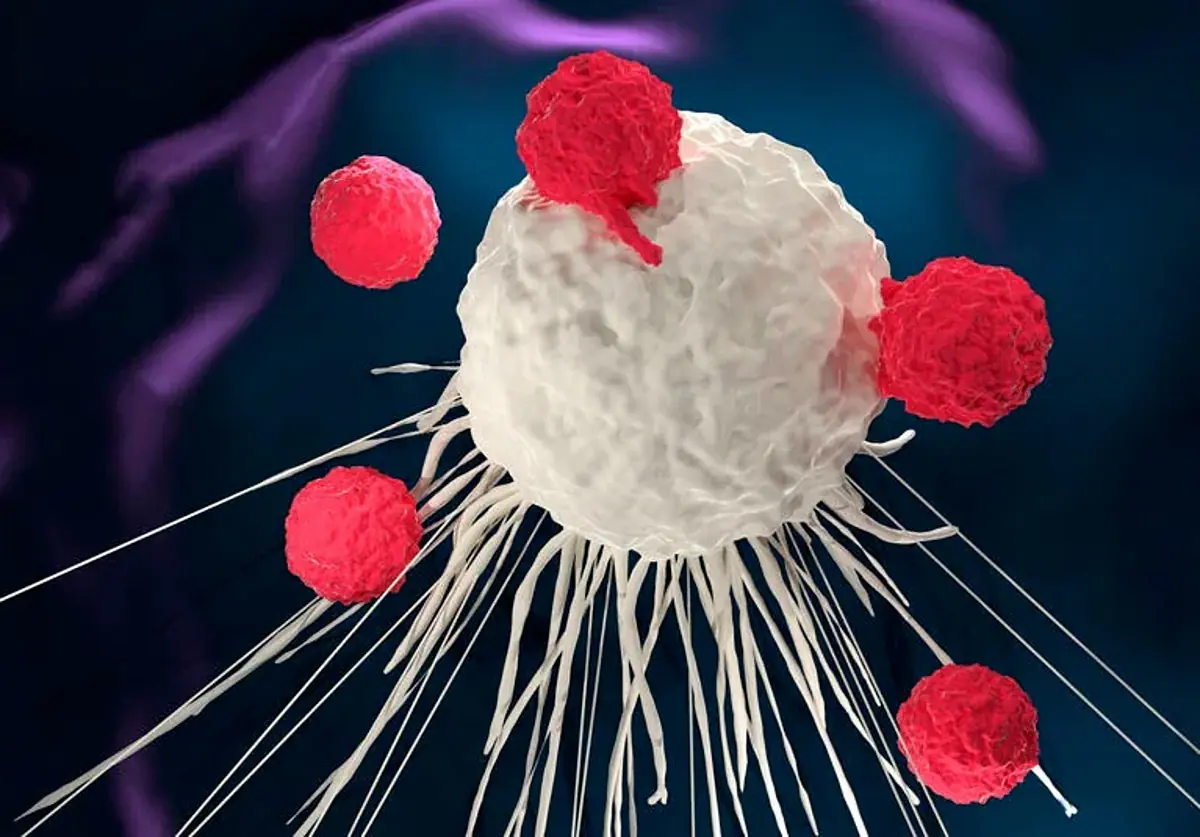
How Long a Person Can Live: You Can Tell Just by Looking at These 4 Key Areas
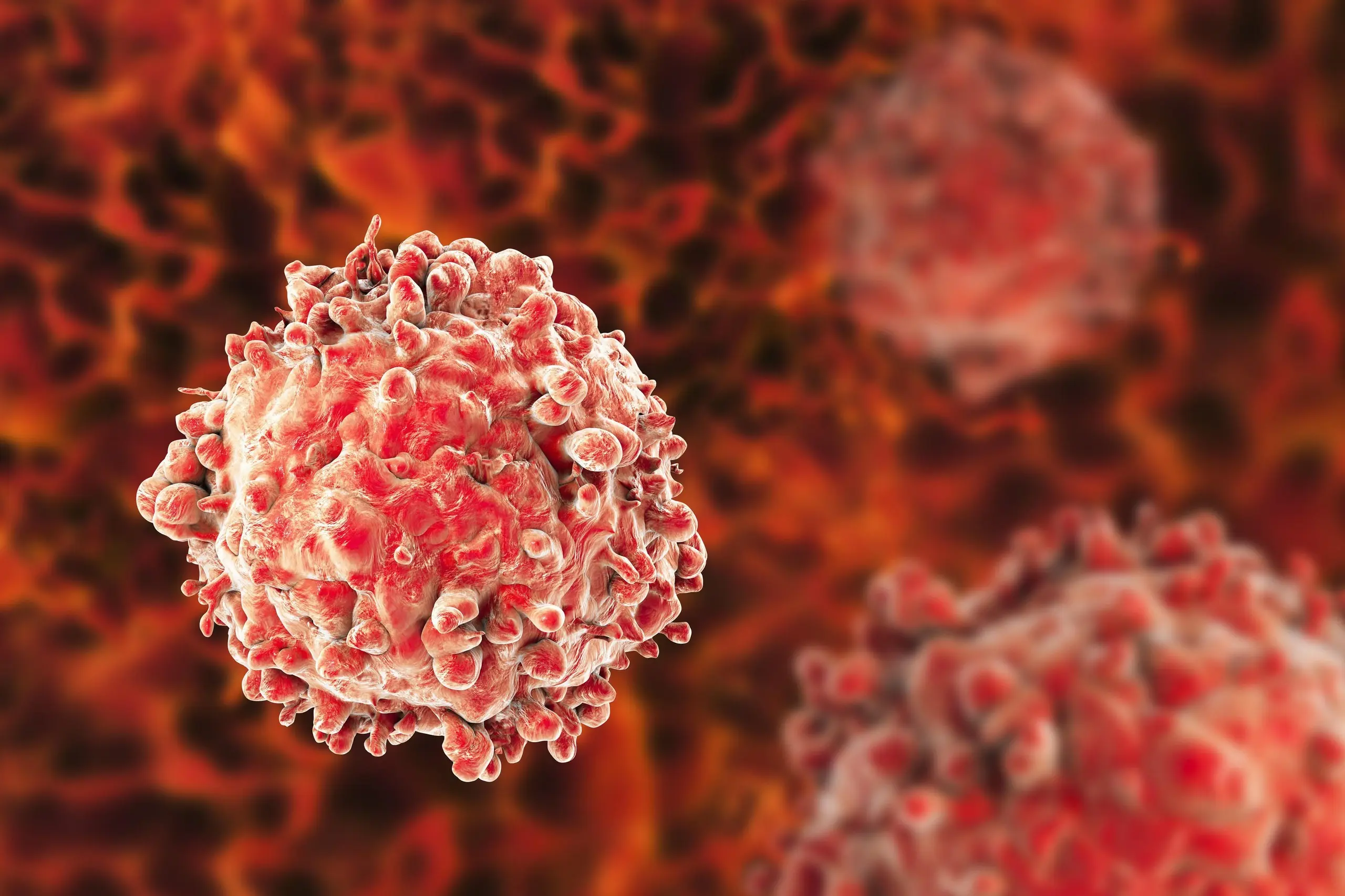
A Newly Discovered Drink That Fights Cancer: It's Not Tea or Coffee
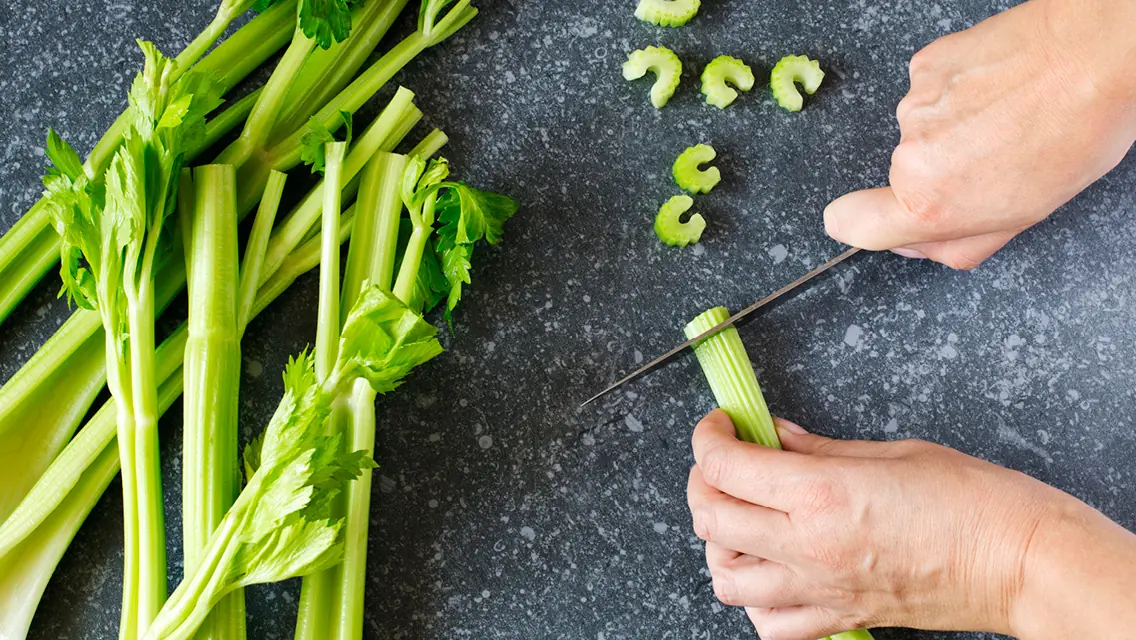
Proven Health Benefits of Celery & Nutritional Facts (Evidence-Based)
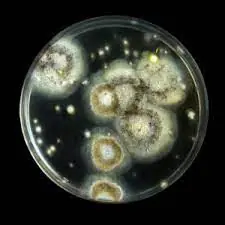
Mold Illness: What It Is, Hidden Signs, and How to Protect Your Home

80% of Heart Attacks Are Preventable: Embrace These 5 Simple Habits
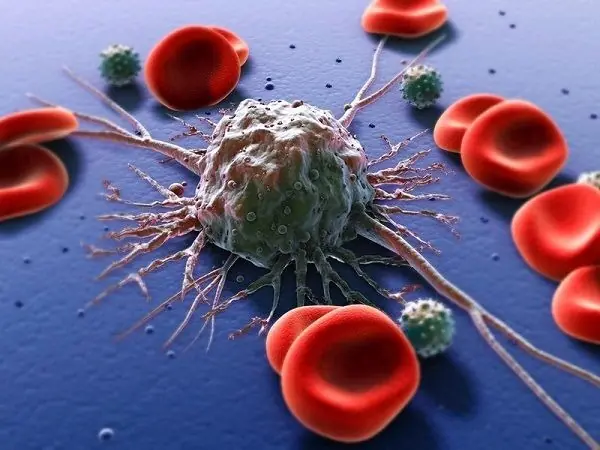
Is Cancer Hereditary? Helpful Tips to Prevent the Growth of Cancer Cells
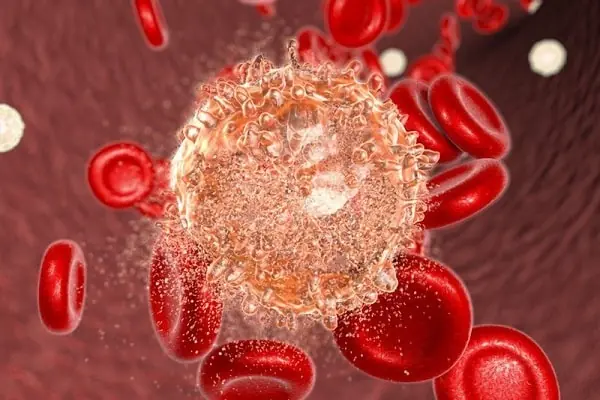
Warning from Hospitals: Eating This Type of Meat Every Day Can Increase Cancer Risk – Don’t Be Complacent!
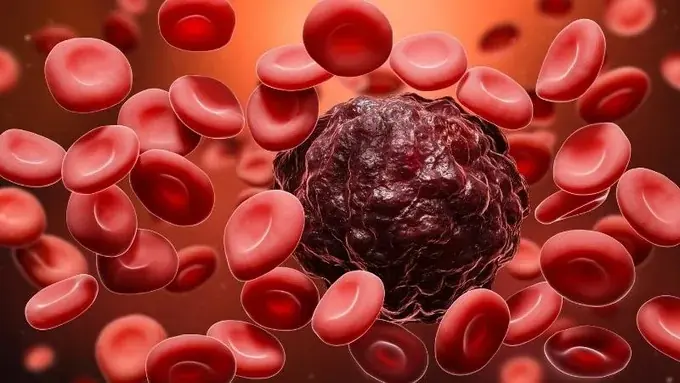
3 Pain Areas on the Body That Could Signal Early-Stage Cancer: Don’t Delay, or It Could Spread
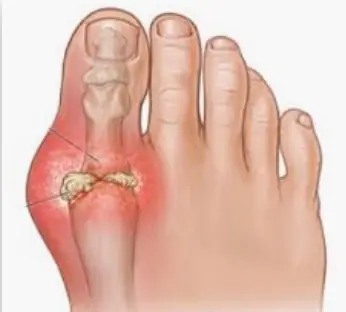
Natural Solutions for Gout: Tackling Uric Acid to Prevent Pain
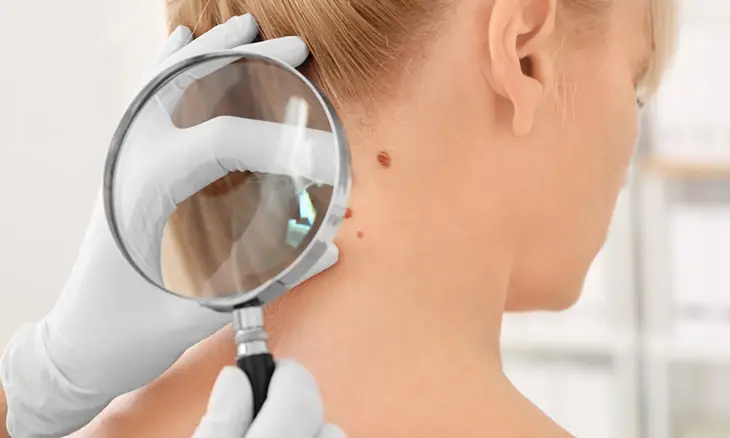
Don't Ignore These 15 Common Cancer Symptoms: A Guide to Early Detection
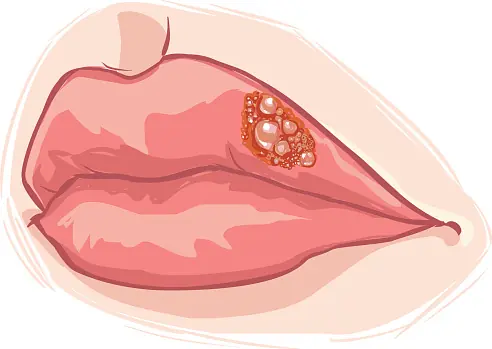
5 Hidden Nutritional Deficiencies You Likely Have (and How to Fix Them)

3-Year-Old Girl Bites and Swallows Mercury from a Broken Thermometer — Her Mother’s Quick Thinking Saves Her Life and Earns Praise from Doctors
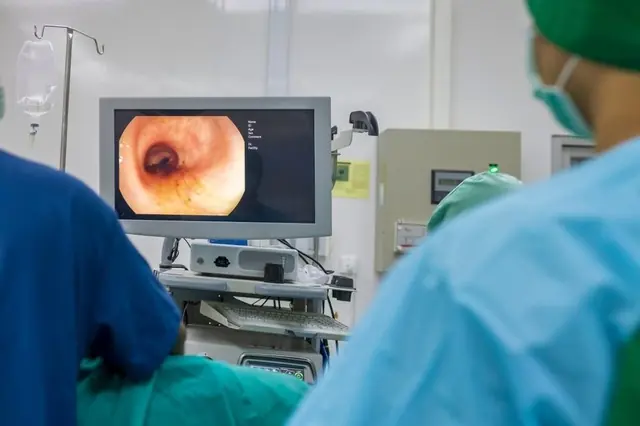
More and More Young People Are Suffering from Colon Cancer — Doctors Warn: Eat Less of These 3 Things!
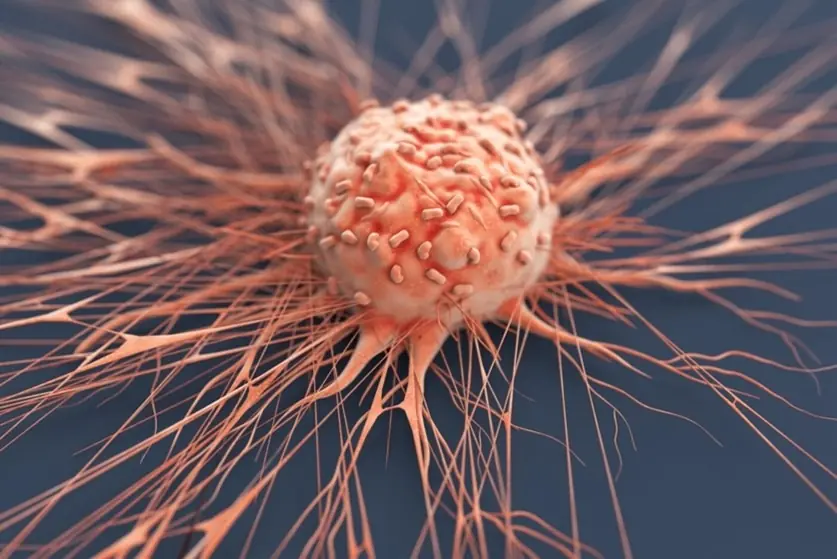
Diagnosed with Late-Stage Stomach Cancer, I Painfully Realized: 3 Foods Left Too Long in the Fridge Were the "Accomplices"

Waking Up to Shoulder Pain: Causes, Solutions, and How to Sleep Soundly
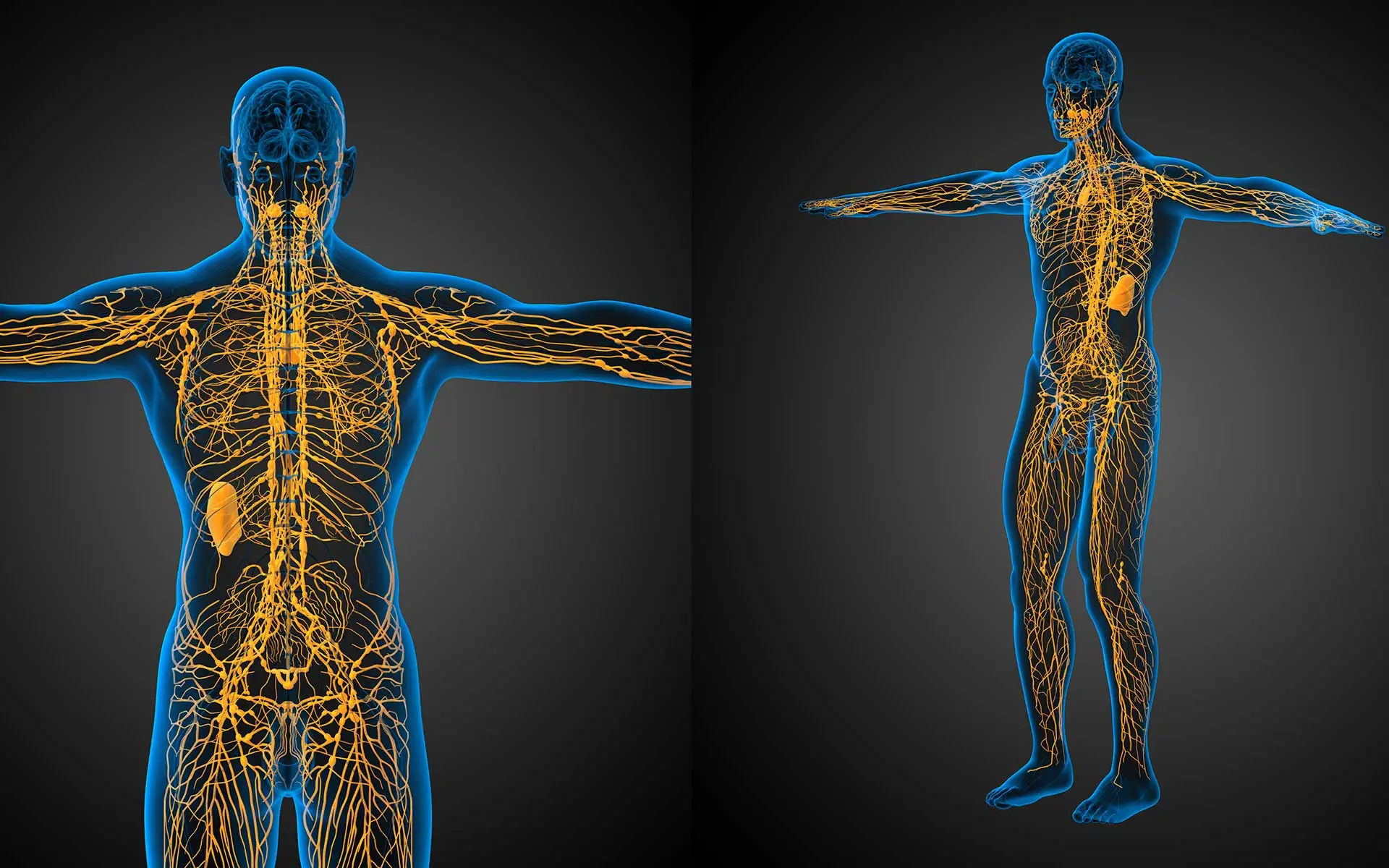
Your Lymphatic System: A Hidden Key to Lifelong Health
News Post

10 Habits That Harm Your Heart That You Probably Didn’t Know About

15 Common Cancer Symptoms You Shouldn’t Ignore

If Facebook Is Not Spying on Us, Why Do We Get Ads for Things We Speak About?

We are receiving strange radio signals from deep beneath the Antarctic ice. No one knows why.

Healing Power And Important Safety Tips Of Castor Leaves

Man Kicked Out of Dubai on £3,000 Holiday Over His Face Tattoos

The hidden ‘lid’ that’s stopping Yellowstone from exploding has been discovered

This Image Has People Perplexed. Can You Solve It?

Our Planet Was Once a Giant Water World, Researchers Say

Scientists Create Usable Hydrogen Fuel Using Only Water and Sunlight

If Your Nails Show These Signs, Get Checked Immediately

How Long a Person Can Live: You Can Tell Just by Looking at These 4 Key Areas

A Newly Discovered Drink That Fights Cancer: It's Not Tea or Coffee

AI is Finally Learning to Translate Cat Meows Into Human Speech. Here Are the Tools to Try
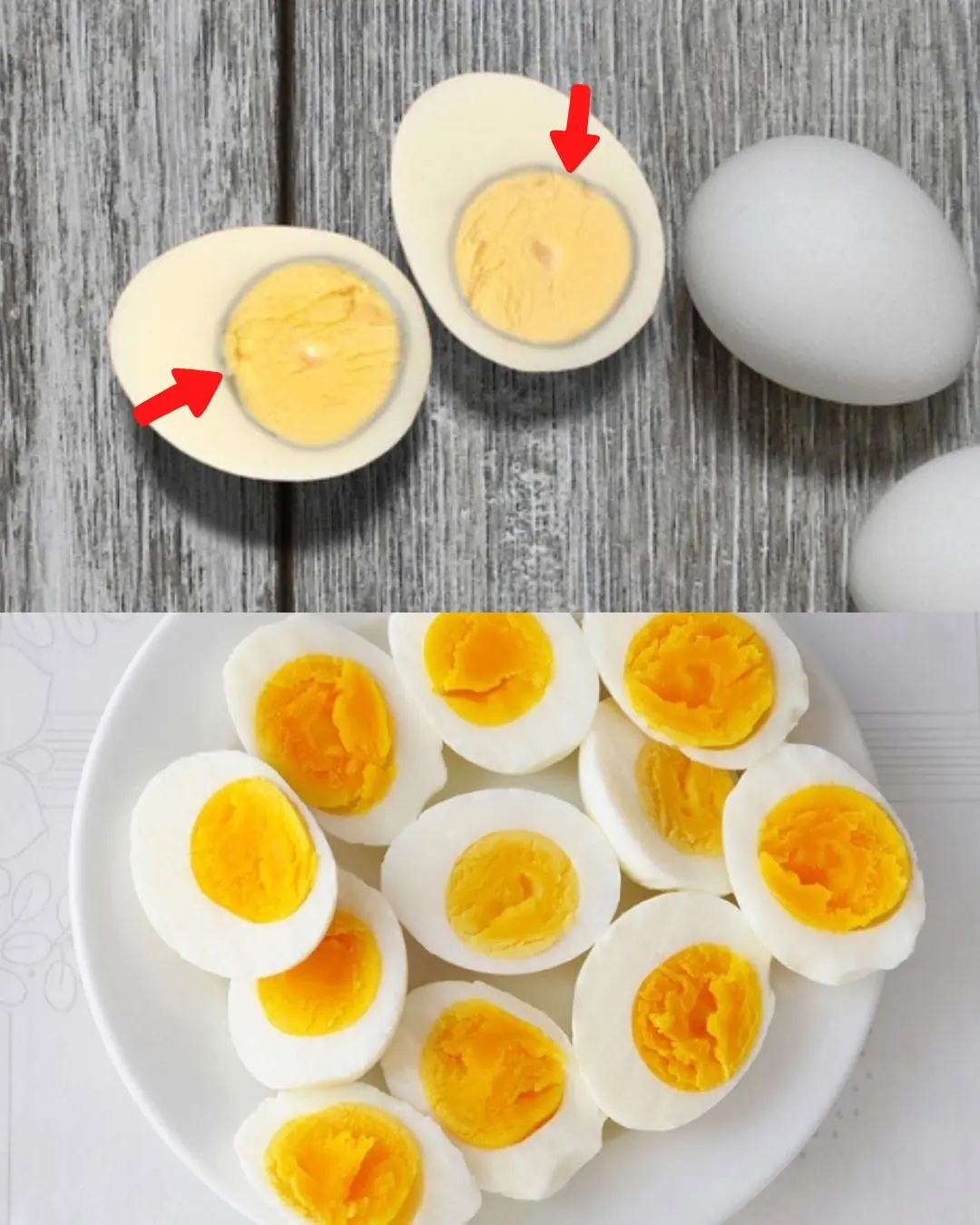
What causes the green ring around hard-boiled eggs?
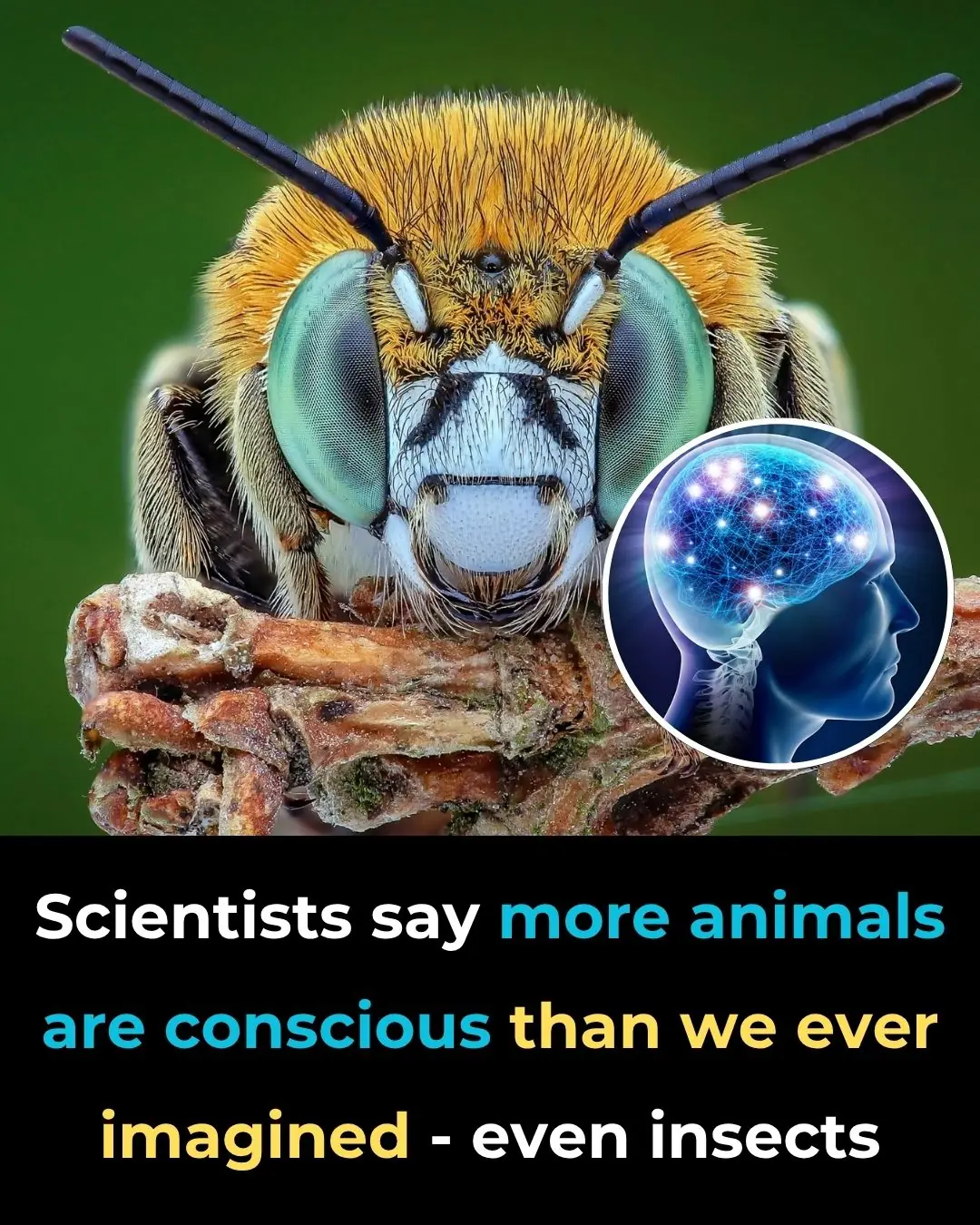
Scientists Say More Animals Are Conscious Than We Ever Imagined—Even Insects

5 foods you should never keep overnight

63 Earths Can Fit Comfortably Inside Uranus
